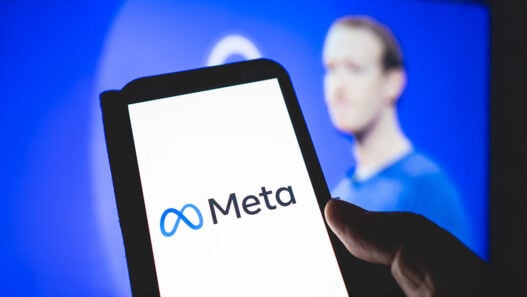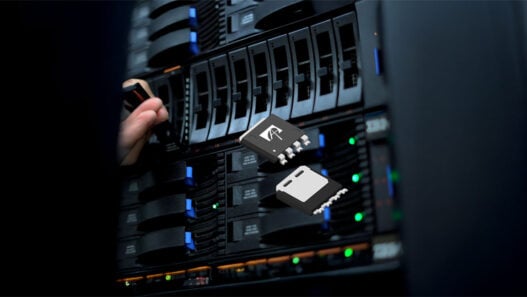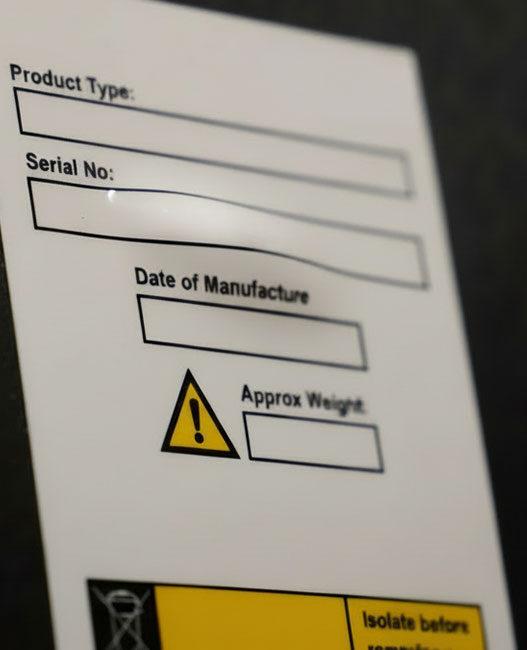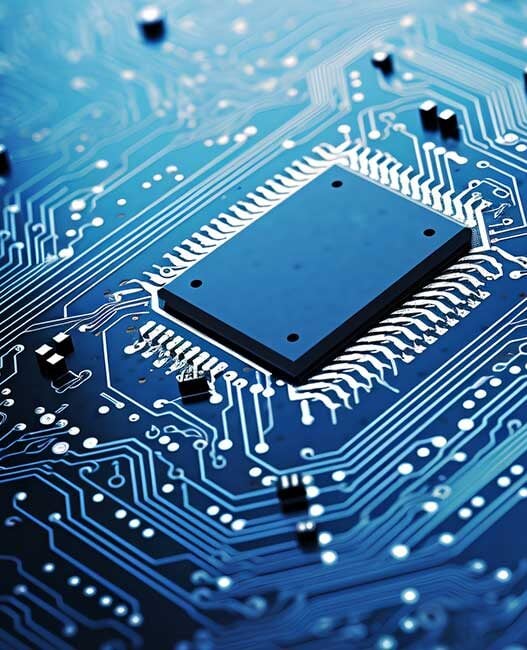IP leasing vs. reselling
The demand for IP addresses leasing is growing, and IP brokers focus on optimising their services to leasing instead of selling. When buying an IP address, it might take as long as a month to transfer all required licensing and usage rights. As IP acquisition is slowing down, the market is changing to make room for leasing opportunities.
“What we see now is that consumers don’t want to waste their time and resources on acquiring IP addresses. It’s more cost effective and efficient to sign an IP lease contract. Heficed is already preparing for the emerging changes by building an IP marketplace for brokers to integrate their services with IP leasing features. Brokers will be able to add their offerings on our platform and resell or lease them to their clients,” said Grinius.
Bare – Metal solutions
The bare metal cloud service market is estimated to reach $4510 million by the end of 2024. Bare metal solutions offer companies to rent hardware from remote service providers.
It started growing in popularity as more customers had a need for server automatisation, open computing features, and faster hardware, as it often fails to meet software efficiency.
Bare metal is trending due to its versatility and efficiency. From small businesses to large enterprises – these solutions are easy to implement, and they offer to connect the company’s resources to one pool. This way, a company can optimise its IT resources and ensure faster services to its clients.
IPv4 vs. IPv6 debate will intensify
IPv4 is the fourth version of the Internet Protocol, and as for this day, it’s the most commonly used version. Yet, with the internet rapidly expanding, we face the depletion of IPv4s as there was a finite number of these created from the outset, and the number can’t be expanded.
Meanwhile, IPv6, a newer version of the Internet Protocol, is practically unlimited in the number of IPs that could be created within it. However, many experts debate whether IPv6 is the future of the internet and would it take over IPv4, or the latter is still enough, as there are still plenty of allocated yet unused IPv4 resources.
Eventually, the internet will run out of IPv4 addresses, and we will have to find new ways to host the growing number of users. Vincentas Grinius added: “The problem is that we have 25% of Internet accessibility over IPv6, which means that since 1999 we made minimal progress adopting IPv6. However, the IPv4 high prices will push the adoption forward, and we might see faster implementation to keep cost efficiency.”
Cloud security
As more companies transition to cloud environments, the need for improved security grows. Although cloud security has been on the radar for a while now, we need to take it much more seriously.
The significant realisation that data needs more advanced security measures happened after Intel’s meltdown. It affected many – from private to corporate consumers. However, AMD, the main competitor for Intel, is working on a new architecture, which is meant to surpass Intel’s CPU. ARM CPU is now on the big rise and becoming popular.
Yet the event showed how vulnerable our data is online, and that not even the most prominent corporations can ensure overall data protection.
If we look at the most potential solutions, again, bare metal could be one of the ways to guarantee increased security for cloud users. SDN (Software-Defined Network) is also getting more popular within the sector. It allows companies to programme their own networks and manage privacy and security features privately.
IP price paradox
With internet connection getting more accessible and fast, we see that the internet prices decrease, yet IP addresses are getting more expensive. The primary cause of the paradox is the shortage of IPv4 resources and the emerging need for IPv6 addresses. Yet implementation is not that simple. Service providers have to find ways on how to integrate IPv6 connection to the IPv4 and communicate through IPv4 networks.
Deployment issues affect IoT development and mass integration, as most of the connected devices are connected via IPv4 addresses.
Grinius explained ISP’s attitudes towards new changes: “The internet is becoming more affordable globally, which raises two groups of IP service providers: those who seek to improve their product and the ones who lower prices. We might see more of similar cases in the upcoming years. Yet again, the decision falls on consumers’ shoulders as they will have to choose between more affordable or quality service, which, in many cases, can be difficult to determine.”
Abuse protection
IP abuse and spam are sensitive topics for both IP holders and brokers. DNS (Domain Name System) provides lists of IP addresses that are linked to unwanted activity such as spamming. Although most of ISP go through blacklists, it’s challenging to ensure that your address wouldn’t be abused.
“Increased supply of ISP encourages consumers to look for service providers that offer abuse protection and limit spam. At Heficed, we are also working on adopting innovative methods to reduce numbers of IP address abuse and spam cases. At this day and age, it’s crucial to deliver a service without compensating on users’ data and experience.” added Grinius.
These six trends are predicted to dominate the sector in 2020 and the upcoming years. Besides the predictions, you might also see Resource Public Key Infrastructure (RPKI) growth among large and small organisations, as advanced cryptography delivers higher security levels and faster ecosystem development.
We should also see an increased need for open-computing solutions to save companies the trouble of owning private infrastructure.
















